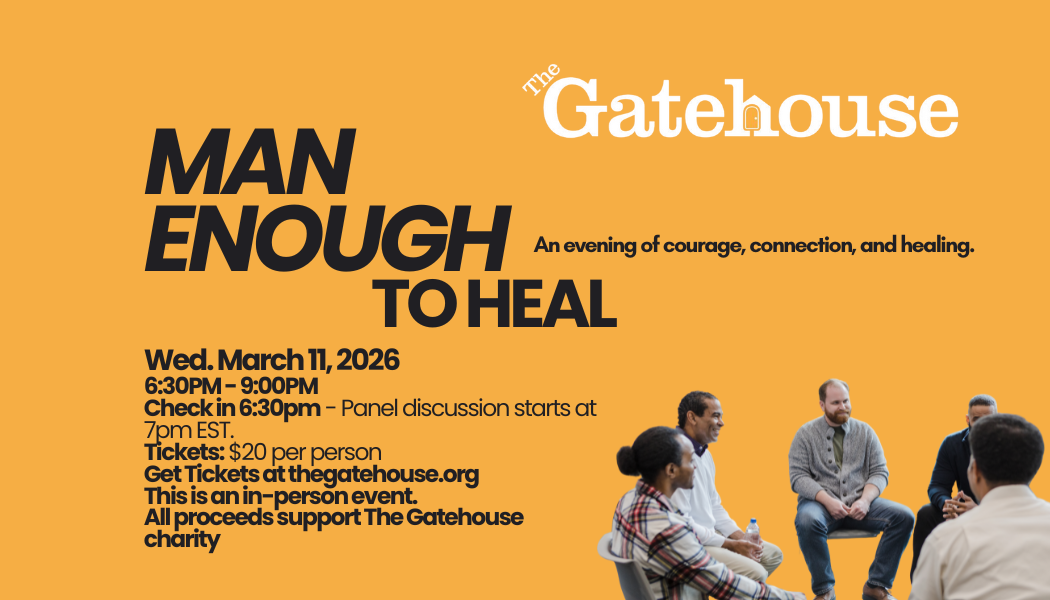Releasing Self-Blame from the Inner Child after CSA
By Amy Tai, Community and Justice Services Diploma, Program Assistant
Guilt, shame, and self-blame often manifest within survivors of CSA. Transferring accountability and blame from the abuser to the victim can lead to self-blame. The abuser makes the victim feel accountable for their acts by placing blame on the person they harmed as though it were their responsibility. Given that they are too young and helpless to defend themselves, children who have experienced childhood sexual abuse (CSA) frequently fall victim to this kind of deception. No matter what you feel you did or didn’t do or allowed or didn’t allow, you are never the one to blame for the abuse you suffered.
A crucial step in the healing process for any survivor is to let go and release all self-blame, both toward their inner child and toward their adult self. Abusers are the only ones who can ever bear the guilt and shame of their actions. Since it was not your responsibility, you have no reason to feel guilty or ashamed. Unfortunately, releasing shame and self-blame is not always so simple.
According to Dr. Brene Brown, people who lack the ability to empathize cannot experience shame. As a result, those who experience shame have the ability to manage it: “Empathy is the antidote to shame (Hess, 2013).”
With this in mind, here are some ways you can try to release shame and self-blame:
- Give yourself empathy.
- Try talking about your shame with someone you trust. Even if you don’t feel there is anyone you can talk to, you can try journaling. Write down your feelings of shame and self-blame. The more you are able to talk about it, write about it, and stare it in the face, the less power it has over you.
- Take the time to address the self-blame and shame that your inner child carries around. Release them from that burden. Write a letter to your younger self explaining to them that it is not their fault, they are not to blame.
- Try reciting this mantra to yourself when you feel shame and self-blame starting to take over: It does not matter what I did or didn’t do. I was sexually abused because my abuser chose to abuse me. I am not to blame for the abuse.
Through this process of unravelling the web of confusion surrounding guilt, shame, and self-blame, you will become aware of guilt and shame that have been passed on to you that you have internalized as your own. By doing this, you can redistribute this toxic guilt and shame to its rightful place: on the abuser and others who have harmed you. This allows you to take back control of reality and understand what really happened. Any crippling self-blame and shame no longer have a home in you. You are free to live your life to the fullest.
References
Hess, W. (2013, February 21). Empathy is the Antidote to Shame. Whitney Hess. https://whitneyhess.com/blog/2013/02/21/empathy-is-the-antidote-to-shame/#:%7E:text=Brown%20argues%20that%20shame%20cannot,are%2C%20%E2%80%9CMe%20too.%E2%80%9D


